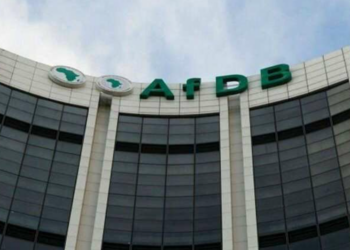The African Development Bank (AfDB) has reiterated its support for the agricultural sector by collaborating with the Federal Ministry of Agriculture and Rural Development to implement the Special Agro-Industrial Processing Zones (SAPZ) project in Nigeria.
The project, which the bank is said to be supporting with $300 million, is expected to commence in July this year.

According to the AfDB President’s Senior Special Adviser on Industrialisation, Prof. Oyebanji Oyelaran-Oyeyinka, the zones are designed to concentrate agro-processing activities within areas of high agricultural potential.
While speaking during the Special Agro-Industrial Processing Zones inception workshop held in Abuja, Oyelaran-Oyeyinka explained that the AfDB was ready to rally development partners to provide grants and loans for the project while also providing capacity building and technical advice.
Oyelaran-Oyeyinka noted that in the first phase of the project, the agro-processing zones would spread among the six geopolitical zones of the country. This he said would create more access for both farmers and entrepreneurs.
[READ MORE: Africa’s agric sector to worth $1 trillion in 2030 – AfDB)
Oyelaran-Oyeyinka words: “The project worth is $500 million. The processes we are putting in place now are the requirements by the bank. We have to do identification, reappraisal and write a report, to make sure that the clients are involved. We are hoping that by July or August, we will go to the board and get the money disbursed to Nigeria because it is already budgeted.
“For us, the central actors are the private sector people, we don’t want to make it a government thing, we want to make sure it is private-sector driven. Companies like the Flour Mill, Dangote Group, we are talking to all of them, even the smaller ones, we are inviting all of them to come on board.
“And those are the one that will set up factories and farms and so forth. But apart from that web, we also have the Bank of Industry (BoI), NIRSAL, National Sovereign Authority, which will be helping us to package infrastructure,” he said.
Why this matters: The aim of this project, according to AfDB, is to create jobs, boost food security and reduce food imports. The zones would, therefore, enable agricultural producers, processors and distributors to operate in one vicinity.
Oyelaran-Oyeyinka added that the bank had started similar projects like this across 15 countries, he urged Nigeria to emulate success stories in countries like Gabon and Senegal where SAPZs had contributed to economic growth.
























